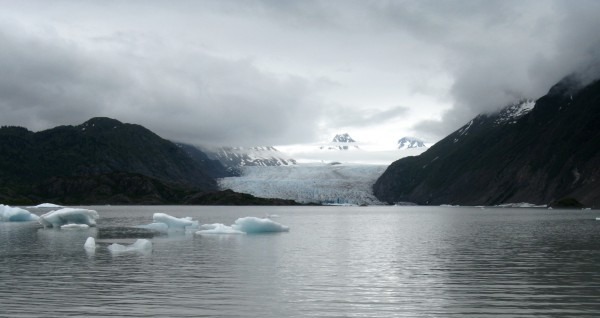Item Link: Access the Resource
Date of Publication: February 8, 2016
Year of Publication: 2016
Publisher: Macmillan Publishers Limited
Author(s): Patrick U Clark, Jeremy D Shakun, Shaun A Marcott, Alan C Mix, Michael Eby, Scott Kulp, Anders Levermann, Glenn A Milne, Patrik L Pfister, Benjamin D Santer, Daniel P Schrag, Susan Solomon, Thomas F Stocker, Benjamin H Strauss, Andrew J Weaver, Ricarda Winkelmann, David Archer, Edouard Bard, Aaron Goldner, Kurt Lambeck, Raymond T Pierrehumbert, Gian-Kasper Plattner
Journal: Nature Climate Change
Volume: Advanced Online Pub.
Are we considering too narrow of a time scale when we discuss the necessary actions to mitigate and adapt to climate change?
“What is clear from our analysis is that the decisions being made today will have profound and permanent consequences for future generations as well as for the planet; yet, future generations are not part of today’s decision making, and today’s decision makers do not have to live with most consequences of their decisions.”
ABSTRACT: Most of the policy debate surrounding the actions needed to mitigate and adapt to anthropogenic climate change has been framed by observations of the past 150 years as well as climate and sea-level projections for the twenty-first century. The focus on this 250-year window, however, obscures some of the most profound problems associated with climate change. Here, we argue that the twentieth and twenty-first centuries, a period during which the overwhelming majority of human-caused carbon emissions are likely to occur, need to be placed into a long-term context that includes the past 20 millennia, when the last Ice Age ended and human civilization developed, and the next ten millennia, over which time the projected impacts of anthropogenic climate change will grow and persist. This long-term perspective illustrates that policy decisions made in the next few years to decades will have profound impacts on global climate, ecosystems and human societies — not just for this century, but for the next ten millennia and beyond.
The views and opinions expressed through the MAHB Website are those of the contributing authors and do not necessarily reflect an official position of the MAHB. The MAHB aims to share a range of perspectives and welcomes the discussions that they prompt.
